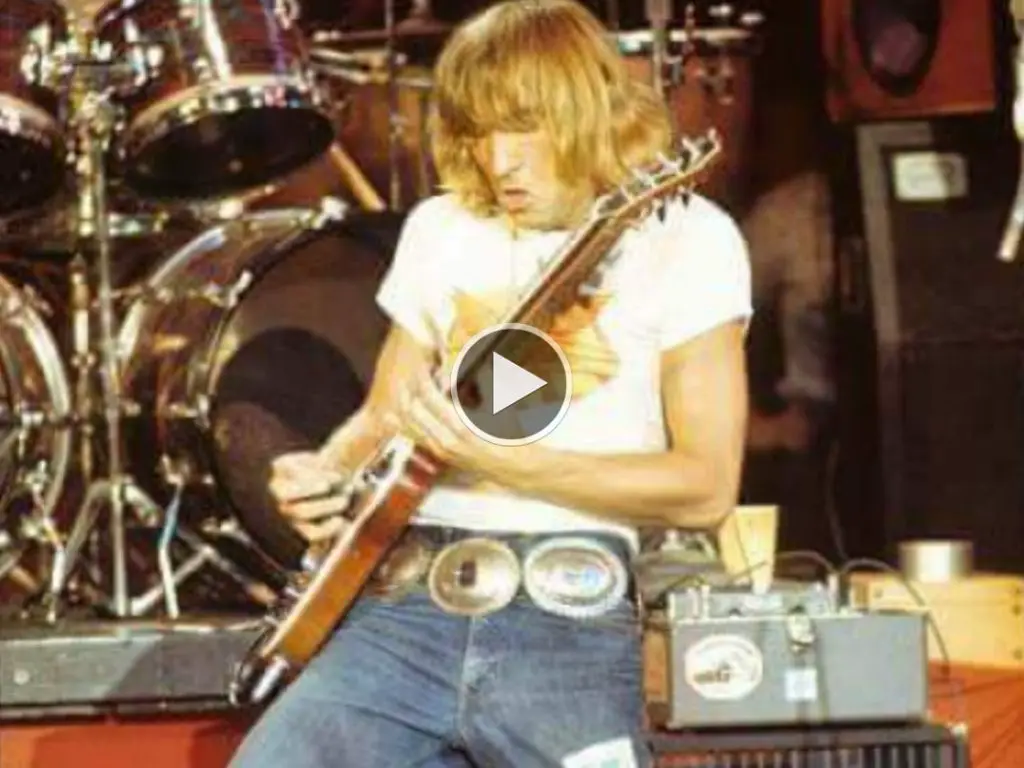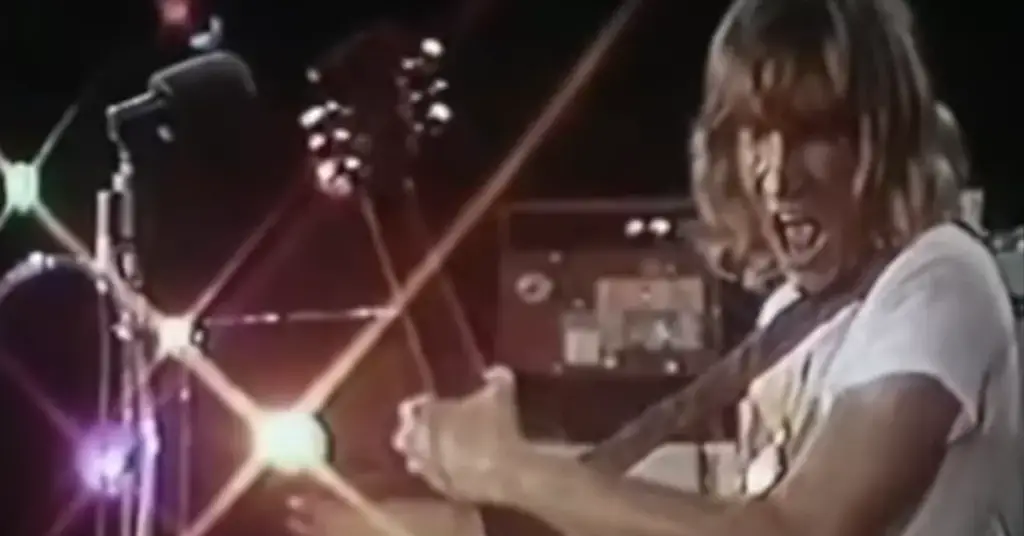
Joe Walsh – “Turn to Stone”: A Guitar-Driven Cry Against Indifference
Before he was making arenas shake with the Eagles or delivering sardonic wisdom with “Life’s Been Good,” Joe Walsh was already proving himself as one of rock’s most electrifying guitarists and thoughtful songwriters. With “Turn to Stone,” he delivered a blistering statement of protest, packaged in a thunderous riff and a whirlwind of emotion.
Originally released in 1972 on Barnstorm and later re-recorded for Walsh’s 1974 solo album So What, “Turn to Stone” is a song that burns with frustration, conscience, and resistance—and it might just feature some of the most intense guitar work of Walsh’s career.
The Sound: Thunderous, Raw, Relentless
From the first note, “Turn to Stone” grabs you by the collar. It opens with a massive, grinding guitar riff that sounds like it’s been pulled from the very core of the earth. Walsh layers thick, fuzzy tones with his signature slide guitar accents and hypnotic rhythms. The effect is both psychedelic and heavy, with a driving beat that refuses to let up.
The 1974 re-recorded version is especially ferocious—tighter, faster, and louder, fueled by a frustration that was both personal and political. Joe Vitale’s drums and Kenny Passarelli’s bass add a galloping urgency, while Walsh’s vocals remain urgent and forceful, straining with emotion and resolve.
It’s a protest song disguised as a hard rock onslaught—and it hits like a storm.
The Lyrics: Anger with a Purpose
“The days grow shorter and the nights are getting long / Feels like we’re running out of time…”
Walsh’s lyrics speak to a sense of creeping despair, societal numbness, and helplessness in the face of corruption and war. While not tied to one specific moment, the song emerged from the early ’70s political unrest—Vietnam, Watergate, and a deepening distrust in leadership.
“People sleeping in their shoes / But there’s a warning sign on the road ahead…”
There’s a prophetic tone in Walsh’s words, a call to wake up before it’s too late. “Turn to Stone” doesn’t sugarcoat its message—it’s a direct confrontation of apathy, where the metaphor of turning to stone becomes a stand-in for emotional paralysis, societal silence, and spiritual shutdown.
“You can turn to stone / Or you can turn around.”
Those lines still feel painfully relevant, and Walsh delivers them not as a preacher, but as someone standing in the trenches, guitar in hand.
Guitar Work: Walsh Unleashed
If you’re here for the guitar—and let’s be honest, with Joe Walsh, you always are—“Turn to Stone” delivers in spades. His playing is ferocious and unhinged, full of tension, texture, and creative flair. From wah-soaked solos to heavy rhythmic chugs and atmospheric bends, Walsh proves he can channel rage, sadness, and grit straight through the strings.
The live versions, especially the You Can’t Argue with a Sick Mind rendition, elevate the track to even more epic heights, with Walsh jamming like a man possessed.
Legacy: A Cult Classic With Teeth
While “Turn to Stone” didn’t chart as high as some of Walsh’s later hits, it has since become a fan favorite and a critical standout, praised for both its gutsy social commentary and musical firepower. It showed that Joe Walsh wasn’t just a party rocker—he was also a serious musician with something urgent to say.
Today, the song stands as one of his most underrated achievements—a politically potent, sonically scorching track that belongs in the same conversation as Neil Young’s “Ohio” or CSNY’s “For What It’s Worth.”

Final Thoughts
“Turn to Stone” is Joe Walsh at his most awake, alive, and angry—a roaring, riff-fueled refusal to sit down and shut up. In a time when too many people were closing their eyes and letting the world slide by, Walsh strapped on a guitar, lit the fuse, and made noise with meaning.
You can still turn it up.
You can still turn around.
And you sure as hell don’t have to turn to stone.


Facebook Comments